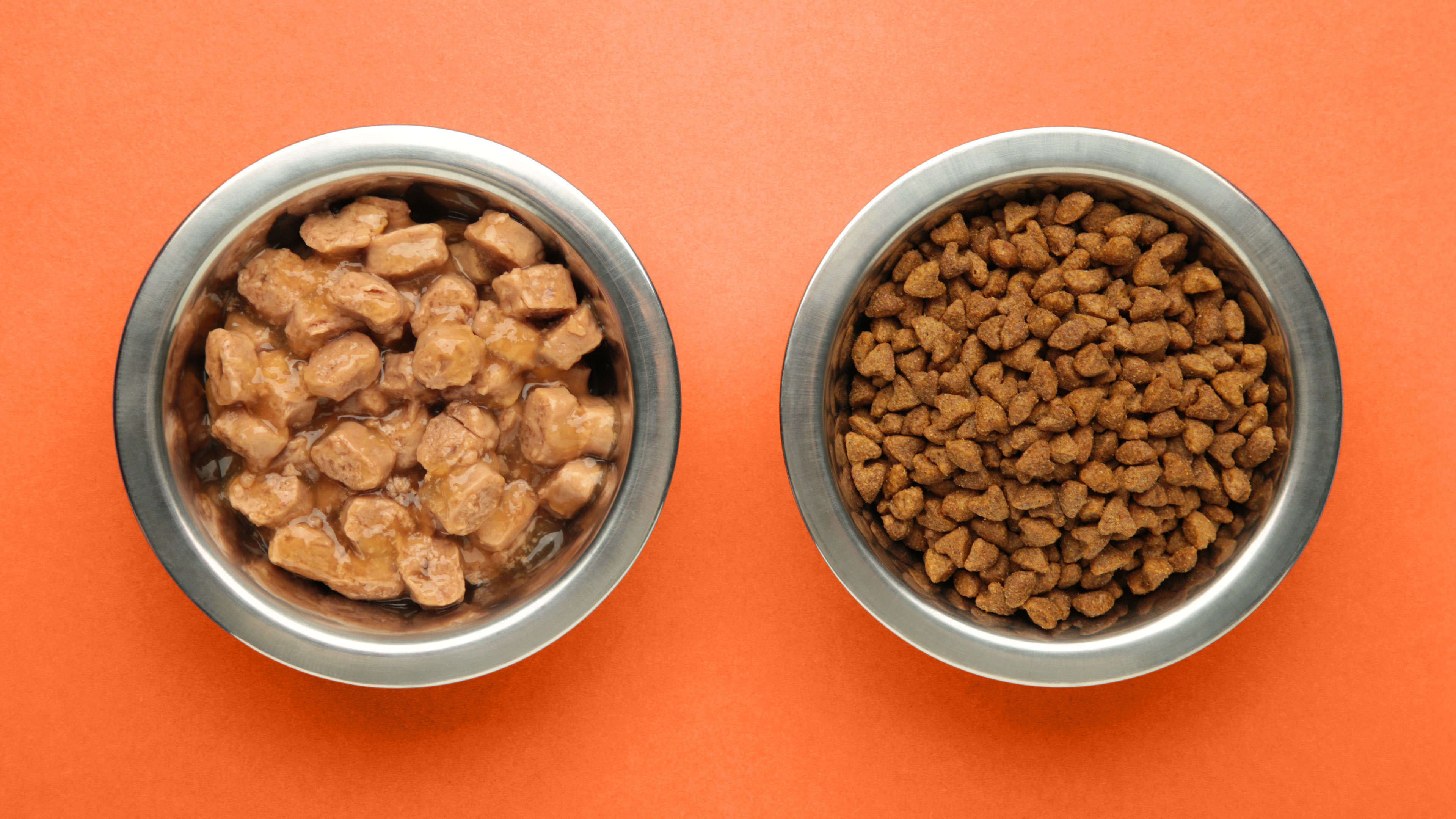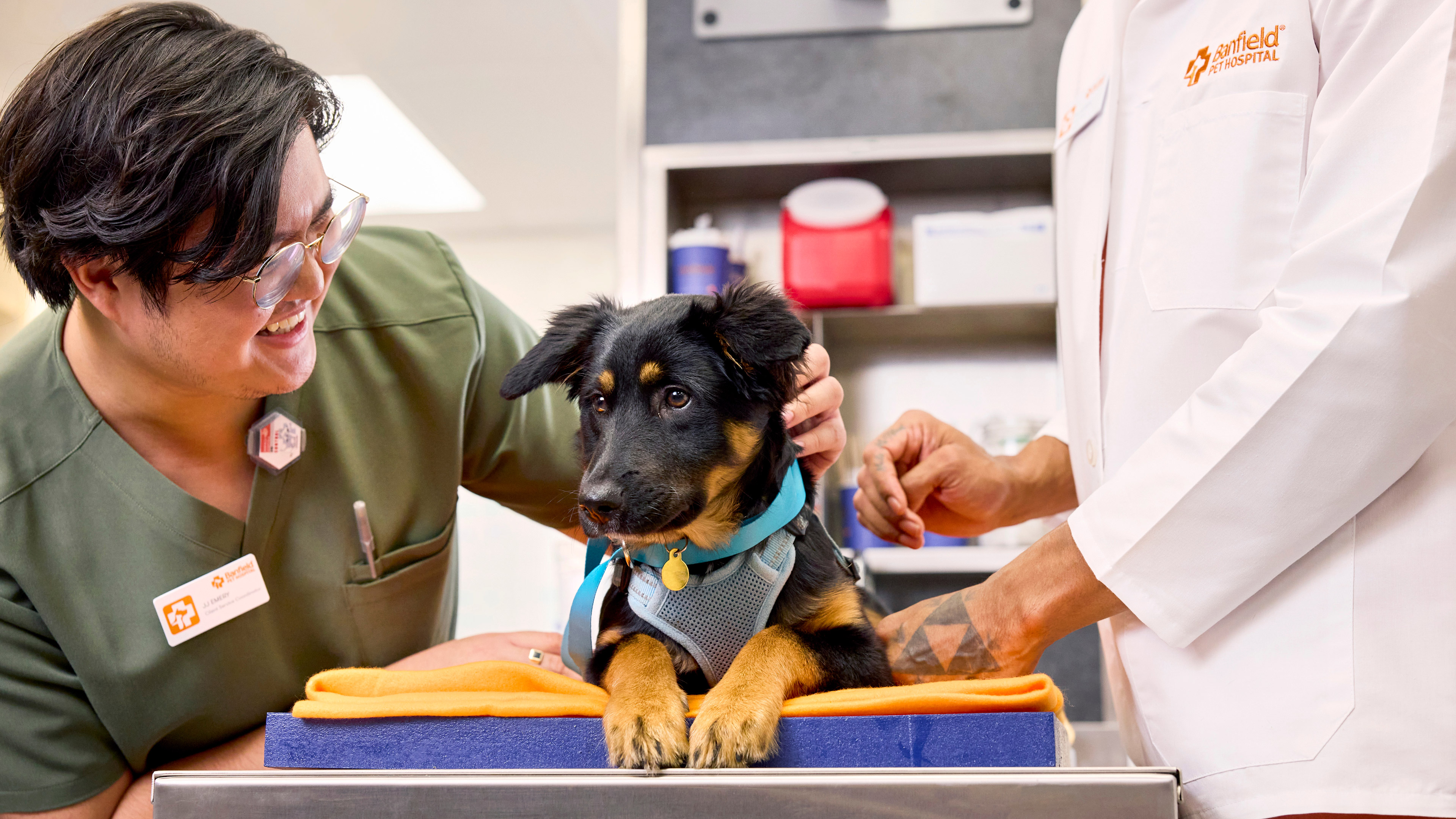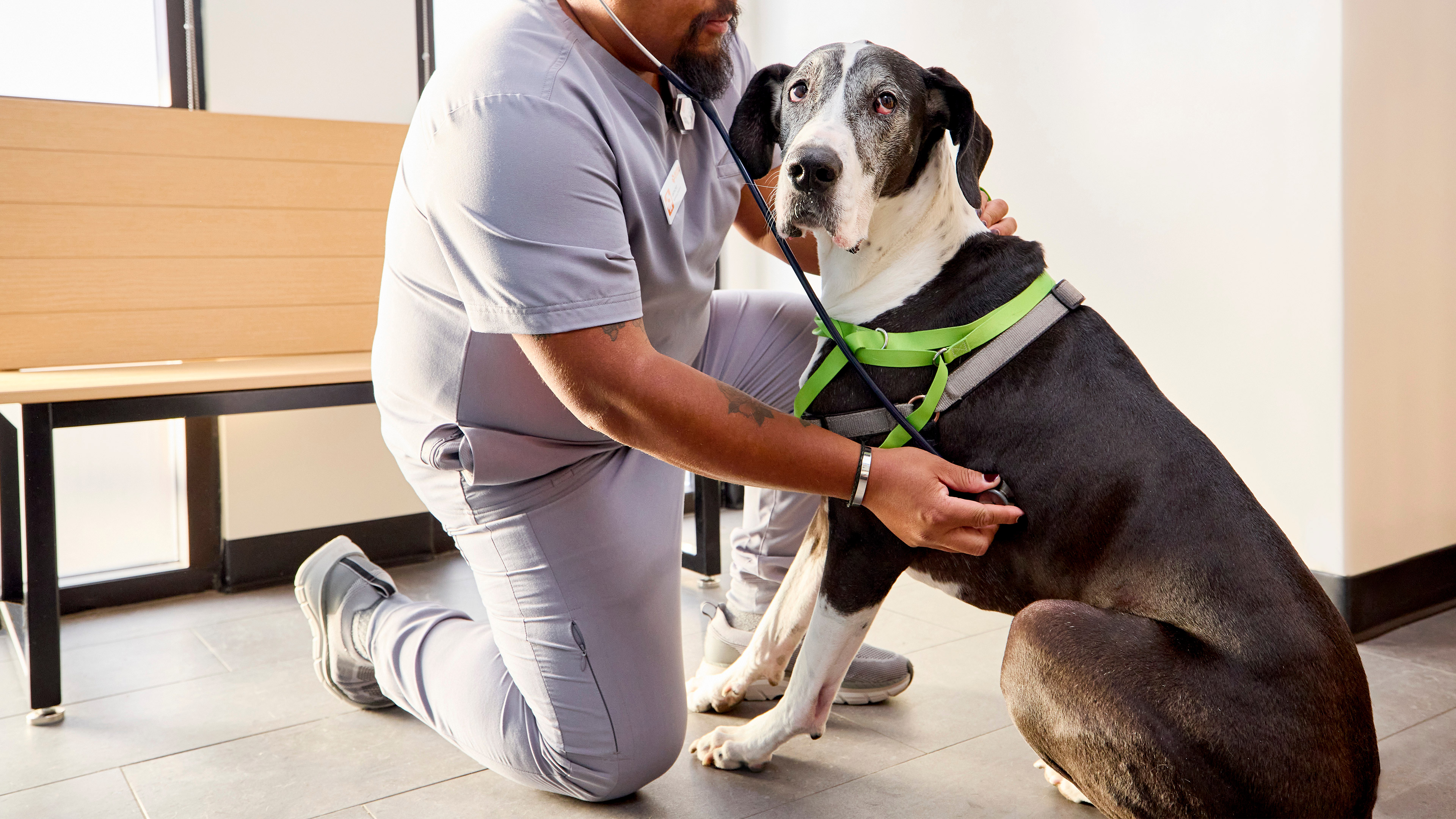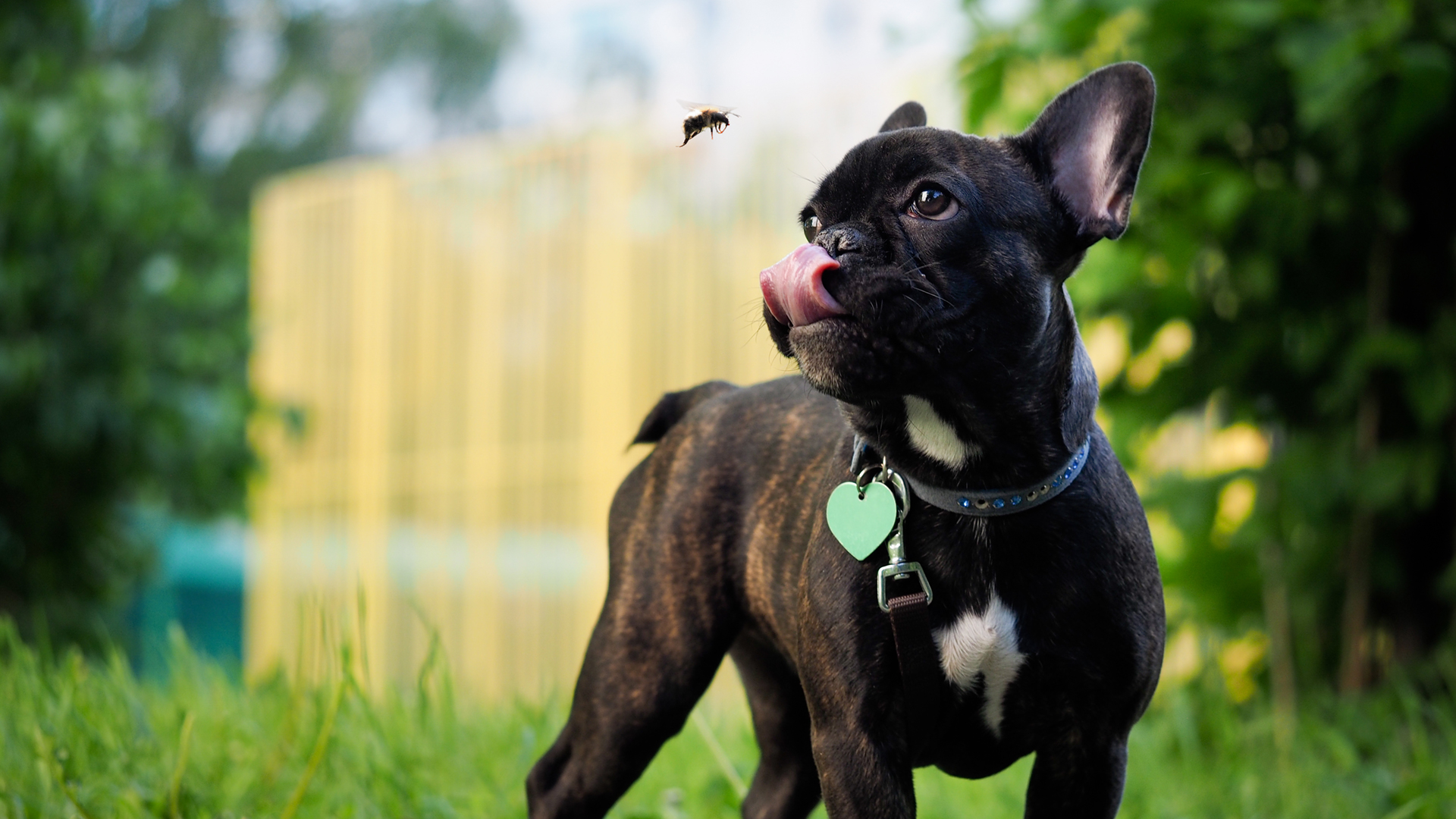stumped by your pet’s itching and scratching?
It can be upsetting and frustrating watching your dog or cat suffer from itching. Not only can itching lead to hair loss, inflammation, and cuts, but it also indicates that your pet is having some sort of reaction to something. And the longer a pet owner leaves itching unresolved, the harder it might be to treat whatever is causing your pet’s irritation.
In this blog, we’ll discuss common causes of itching and what you can do to support your fluffball.
Common causes of itching in pets
These are the most common causes of itching that we see in pets:
- Fleas or flea allergy
Signs include red, irritated, or broken skin from scratching and small black flecks called flea dirt (flea poop). You may even spot small red-brown fleas in your pet’s coat when combing through it with a flea comb.
- Dermatitis
Dermatitis is typically a sign of an underlying health issue like poor nutrition or a skin infection. It can make your pet scratch until they create bald patches and open sores.
- Seasonal, topical, or food allergies
People with allergies may sniffle and sneeze, but pets with allergies usually have a skin reaction. This can be evident by excessive licking of itchy areas (like the toes) and lead to a secondary infection. A vet will be able to help you pinpoint what type of allergy your pet has and what treatment will be best.
- Yeast infections
Common areas for yeast infections are around dog mouths, between their toes, and in their ears. These areas have skin folds that can trap moisture which is the perfect environment for yeast to grow. Skin may look red, scaly, dry, and/or greasy and include patches of missing hair.
Parasites and prevention
Fleas, ticks, ear mites, and other parasites can cause your pet to scratch and scratch and scratch. Luckily, there’s a super simple solution to avoiding this: year-round parasite prevention!
Parasite prevention comes in a variety of formats (topical, chewable, etc.) and is given to your pet regularly. Aside from preventing itchiness, parasite prevention can help prevent deadly diseases like heartworm and secondary infections from fleas, ticks, and mite bites. Ask your veterinary team what version of parasite prevention they recommend for your pet.
Learn more about how heartworms, fleas, and ticks can cause skin issues for your pet.
What you can do to support your pet
There are several ways you can help your pet with their itchies.- Practice good skin care: It’s important to keep an eye on your pet’s skin and coat. Do you see bald spots? Inflammation? Bleeding? If so, call your veterinarian about next steps or this is a great time to chat with a veterinary professional via Pet Chat™ or a Virtual Visit.
- Prescription medications: Your veterinarian may prescribe oral or topical medication which can be used at home.
- Year-round parasite prevention: Like we mentioned above, this can be chewable or topical, and is given to your pet on an ongoing basis to ward off fleas, ticks, mites, and other parasites.
- Vet-recommend diets and supplements: If your pet has a food allergy, your veterinarian might recommend changing or supplementing your pet’s diet. Talk to your veterinary team about whether a special diet with limited ingredients or formulations with omega-3 and omega-6 are right for your pet’s situation.
Learn more about how to treat your pet’s skin and coat issues here.
 Mites and mange
Mites and mange Podcast - Not Just Fluff
Podcast - Not Just Fluff











